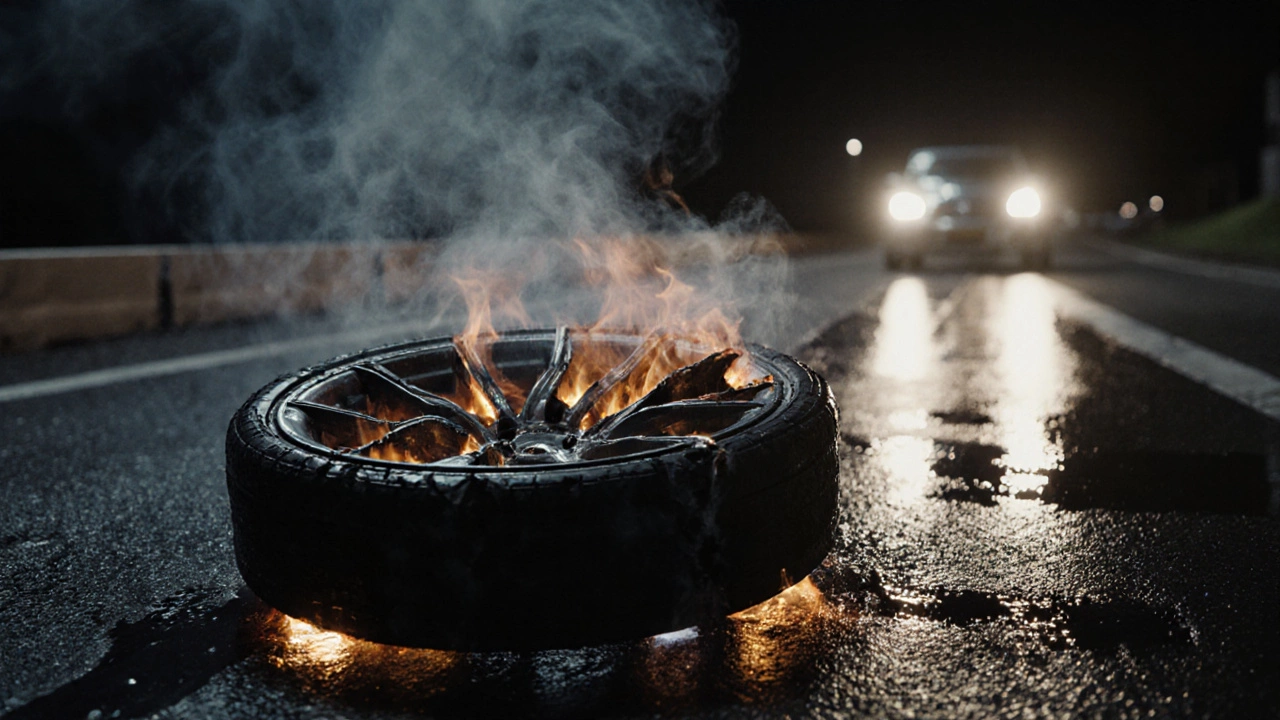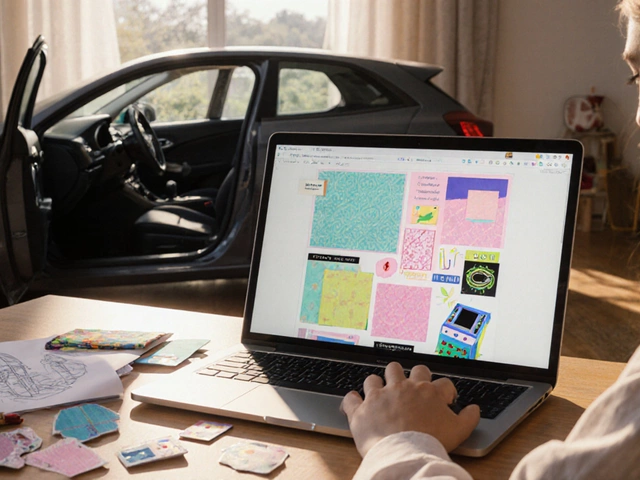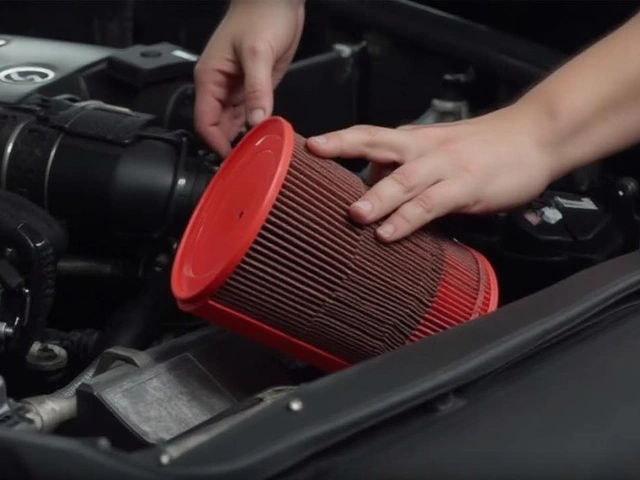Magnesium Wheel Legal Risk Calculator
Assess Your Risk
Risk Assessment Results
Ever seen a set of ultra-light, shiny magnesium wheels on a show car and wondered why you can’t buy them for your daily driver? They look amazing-lighter than aluminum, stronger than steel, and they turn heads. But here’s the truth: magnesium wheels are illegal for street use in most countries, including the U.S., Canada, and across the EU. And it’s not because they’re ugly or too expensive. It’s because they’re dangerous.
What Makes Magnesium Wheels Different?
Magnesium wheels are made from a magnesium alloy, often called "Mag wheels." They’re not pure magnesium-it’s usually a mix of aluminum, zinc, and rare earth elements. This alloy gives them a key advantage: they’re about 30% lighter than standard aluminum wheels. That means less unsprung weight, better acceleration, sharper handling, and reduced brake wear.
But here’s the catch: magnesium burns. Not just melts-burns. At temperatures around 650°C (1,200°F), magnesium ignites. Once it catches fire, it’s nearly impossible to put out with water. In fact, water makes it worse. Only Class D fire extinguishers (designed for metal fires) can stop it.
Why Are They Banned on Public Roads?
The answer comes down to one word: safety.
Back in the 1960s and 70s, magnesium wheels were common in racing and on some high-end sports cars. But as more incidents occurred, regulators took notice. In 1972, the U.S. National Highway Traffic Safety Administration (NHTSA) started investigating wheel failures. By the mid-1980s, they had enough data to ban magnesium wheels for street use under Federal Motor Vehicle Safety Standard (FMVSS) 120.
Here’s what happened:
- A car crashed, and the magnesium wheel fractured during impact.
- The broken wheel rubbed against the brake line, creating sparks.
- The sparks ignited leaking fuel or hot brake components.
- The magnesium wheel caught fire and burned at over 2,000°F.
- The fire spread quickly, trapping occupants.
These weren’t rare events. Between 1975 and 1985, NHTSA documented over 120 vehicle fires linked to magnesium wheel failures. Many resulted in serious injuries or death. That’s why the rule changed: any wheel that can ignite and burn uncontrollably is not safe for public roads.
What About Racing and Track Use?
Magnesium wheels are still legal-and widely used-in motorsports. NASCAR, Formula 1, and endurance racing teams use them because weight savings matter more than fire risk in controlled environments. Track cars have fire suppression systems, roll cages, and trained crews on standby. They’re also inspected before every session.
But street cars? No such safeguards. A single pothole, a minor curb hit, or even a hard brake on a hot day can cause a micro-fracture. That fracture might not show up until it’s too late. And when it fails on the highway? There’s no fire team waiting.
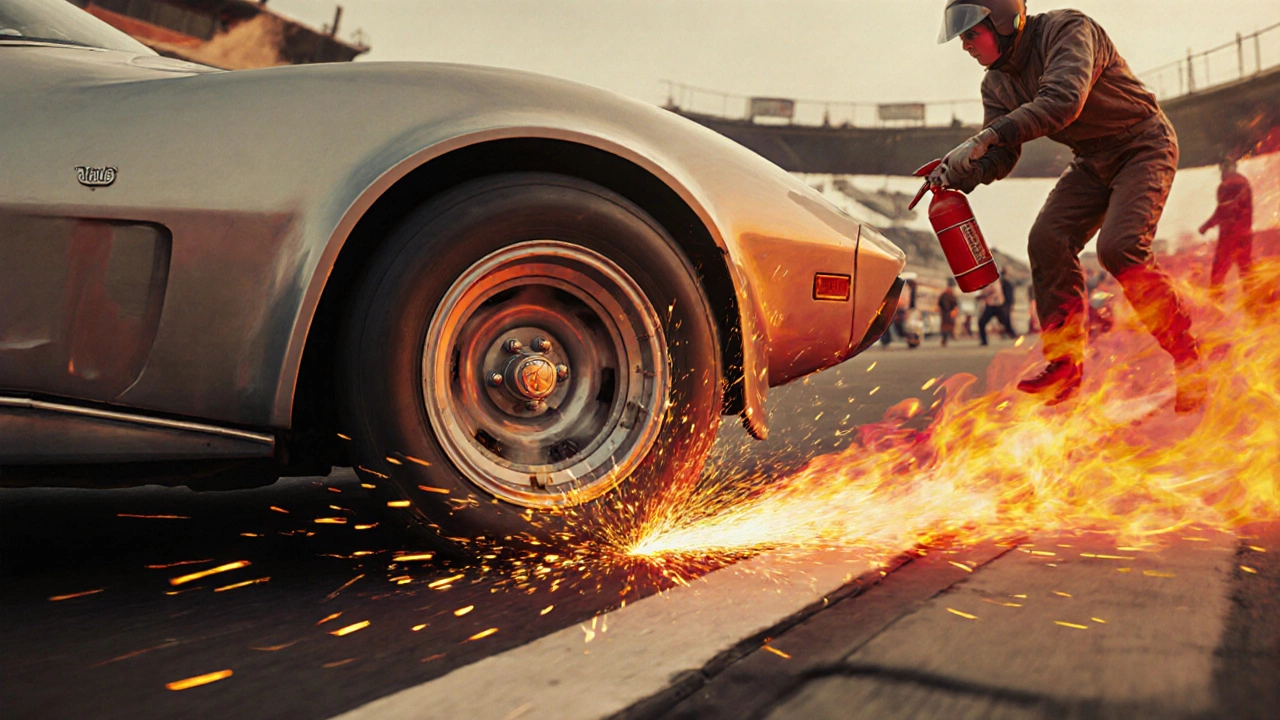
Are All Aluminum Wheels Safe?
No, not all. But aluminum wheels don’t burn. They can crack, bend, or warp under extreme stress-but they won’t ignite. That’s why modern wheels are made from A356 or A357 aluminum alloys. These are engineered for impact resistance, fatigue life, and thermal stability.
Some aftermarket companies still sell "magnesium-style" wheels. But if they’re labeled as "cast aluminum" or "forged aluminum," they’re legal. True magnesium wheels are almost always marked with "Mg" or "Mag" and are sold as "race only" or "show use only." If a seller claims they’re street legal, they’re either lying or don’t know the law.
What Happens If You Install Them on Your Car?
Technically, you can buy them. You can even bolt them on. But here’s what you’re risking:
- Failed inspection: In states with annual safety inspections (like Pennsylvania, New York, or California), your car will be rejected if inspectors spot magnesium wheels.
- Insurance denial: If you’re in an accident and the insurer finds magnesium wheels, they may deny your claim, citing illegal modifications.
- Fines and impound: In some states, driving with illegal wheels can result in a citation or even vehicle impoundment.
- Liability: If your wheel fails and causes a crash, you could be held criminally liable for negligent modification.
There’s no gray area here. The law doesn’t care if your wheels look cool. It cares if they can kill you.
What Are the Legal Alternatives?
If you want the performance benefits of lightweight wheels without the risk, you have options:
- Forged aluminum wheels: Lighter than cast aluminum, stronger, and completely legal. Brands like BBS, HRE, and Enkei make them.
- Titanium-reinforced alloys: Used in high-end EVs and supercars. They’re expensive but offer magnesium-like weight with aluminum safety.
- Carbon fiber wheels: Extremely light and non-flammable. Used on hypercars like the McLaren P1 and Ferrari SF90. Prices start around $20,000 per set, but they’re street legal.
For most people, forged aluminum wheels are the sweet spot. They’re 15-20% lighter than stock wheels, cost between $800 and $1,500 per wheel, and meet all FMVSS and ECE safety standards.
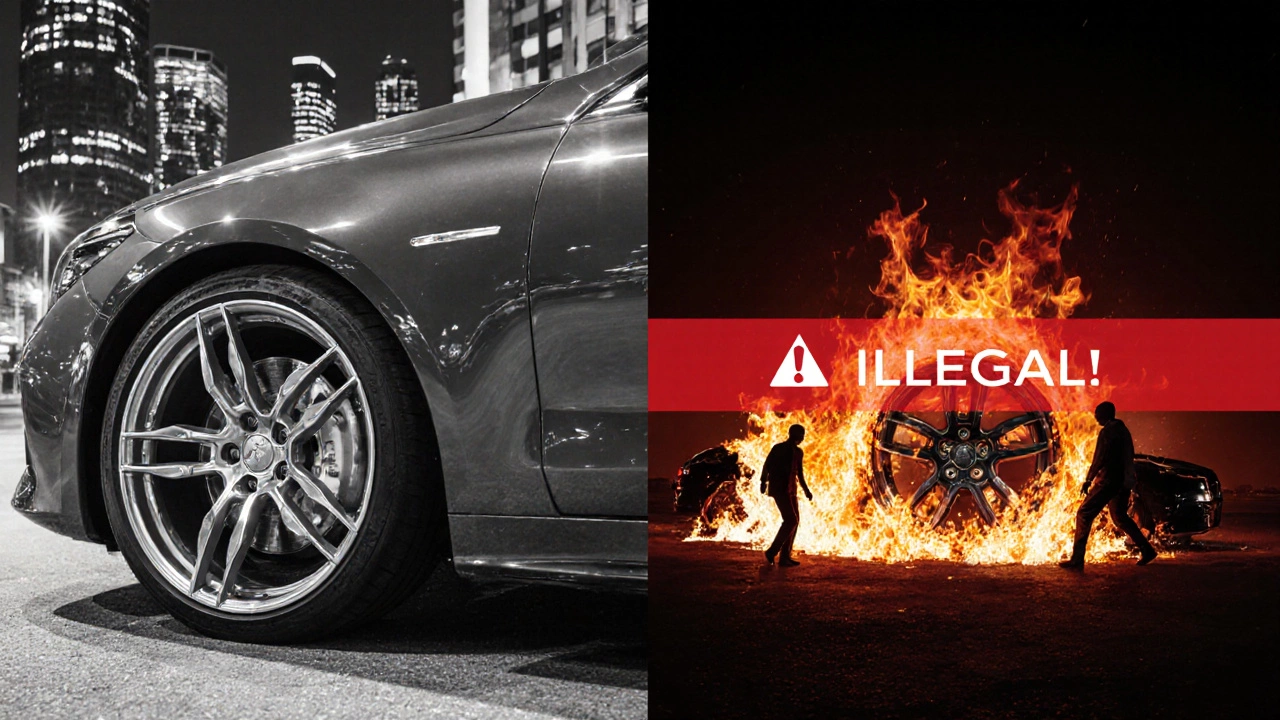
How to Spot a Fake Magnesium Wheel
Many sellers market aluminum wheels as "magnesium" to make them sound exotic. Here’s how to tell the difference:
- Check the label. Genuine magnesium wheels have a "Mg" stamp on the back of the spoke or hub.
- Look for "RACE ONLY" or "SHOW USE ONLY" markings. If it’s not there, it’s probably aluminum.
- Ask for a certification. Legitimate racing wheels come with FIA or SFI certification. Street wheels should have DOT or ECE approval.
- Use a magnet. Magnesium is non-magnetic, but so is aluminum. This test doesn’t help.
- Check the weight. A 17-inch magnesium wheel weighs around 7-8 lbs. A forged aluminum one weighs 9-11 lbs. If it’s lighter than 7 lbs, it’s likely a scam or counterfeit.
If you’re unsure, take it to a certified wheel shop. They can test the alloy with a spectrometer for under $50.
Why Do People Still Buy Them?
Because they’re beautiful. Magnesium wheels have a unique, bright, mirror-like finish that doesn’t fade like paint. They’re also extremely rare on the street, which makes them a status symbol.
But here’s the reality: if you’re buying them for looks, you’re gambling with your life. And your family’s. And anyone else on the road.
There’s no upgrade worth dying for. No finish worth burning for. No Instagram post worth a funeral.
Final Word: It’s Not About Style. It’s About Survival.
Magnesium wheels belong on the track, in museums, or in private collections-not on public roads. The law didn’t ban them because it’s trying to ruin your fun. It banned them because people died.
If you want lightweight, high-performance wheels, go with forged aluminum. It’s safe. It’s legal. And it still turns heads.
Don’t risk your life for a look that could kill you.
Are magnesium wheels illegal in all countries?
Yes, in most major countries including the United States, Canada, the United Kingdom, Germany, Japan, and Australia, magnesium wheels are banned for street use. The EU follows ECE R124 regulations, which prohibit any wheel material that can ignite under crash conditions. Some countries allow them for track-only vehicles with proper certification, but never for public roads.
Can I use magnesium wheels if I don’t drive on public roads?
You can use them on private property, race tracks, or closed-course events-so long as they’re not driven on public roads. Many racers use magnesium wheels legally because they’re covered by motorsport safety rules, fire suppression systems, and professional oversight. But if you take them on the highway, even once, you’re breaking the law.
Do magnesium wheels improve performance?
Yes, significantly. Magnesium wheels are lighter than aluminum, reducing unsprung weight, which improves acceleration, braking, and cornering. But the performance gain is only worth it in controlled environments like racing. On the street, the risk of fire and failure far outweighs any benefit.
Can I paint or coat magnesium wheels to make them safe?
No. Coatings like powder coat or paint don’t prevent magnesium from igniting. Once the metal fractures and heats up, the coating burns off and the magnesium still catches fire. There is no safe coating for street use. The material itself is the problem-not the finish.
What should I do if I already have magnesium wheels on my car?
Remove them immediately. Do not drive the car until they’re replaced. Replace them with DOT-approved forged aluminum wheels. If you want to keep them, store them as collectibles. Never use them on public roads, even for short trips. The risk isn’t worth it.

